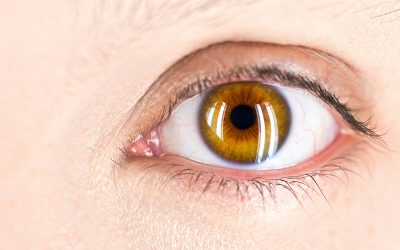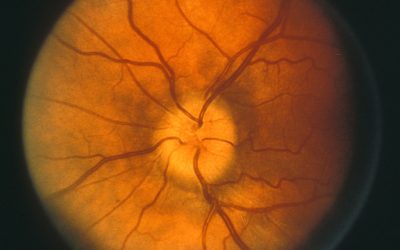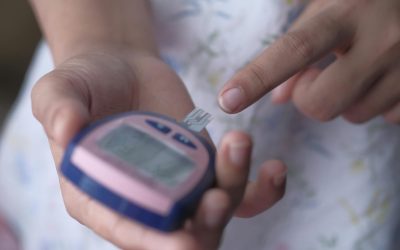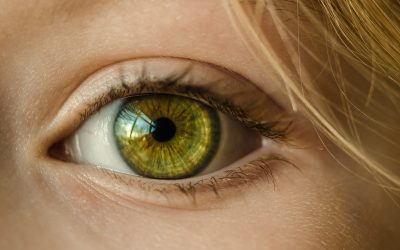Blog
Does Retinitis Pigmentosa Cause Legal Blindness or a Disability?
Is Retinitis Pigmentosa Considered a Disability? Retinitis pigmentosa is a genetic eye condition that causes progressive degeneration of the retina. This condition primarily affects the photoreceptor cells responsible for detecting light and color, leading to gradual...
Do Anti-VEGF Injections Improve Vision?
Anti-vascular endothelial growth factor (anti-VEGF) injections are an established treatment for several eye conditions characterized by the abnormal growth of blood vessels. These conditions include age-related macular degeneration (AMD), diabetic retinopathy, and...
Are Swollen Optic Nerves Related to Obesity?
Are Swollen Optic Nerves Related to Obesity? The optic nerve is a crucial component of the visual system, responsible for transmitting visual information from the retina to the brain. Swelling of the optic nerve, known as optic nerve swelling or papilledema, can...
What is the Difference Between Dry and Wet Macular Degeneration?
Differences Between Dry and Wet Macular Degeneration Macular degeneration is a leading cause of vision loss in older adults, affecting millions of people worldwide. It primarily affects the macula, the central part of the retina responsible for sharp and detailed...
When Would a Laser Surgery Be Needed to Repair a Hole in the Retina?
Understanding When Laser Surgery Be Needed to Repair a Hole in the Retina The retina is a thin layer of tissue at the back of the eye responsible for converting light into neural signals that the brain interprets as images. A hole in the retina can disrupt this...
Can a Choroidal Nevus Affect Vision?
Can a Choroidal Nevus Affect Vision? A choroidal nevus is a benign pigmented lesion located in the choroid layer of the eye, which lies between the retina and the sclera. While many individuals with a choroidal nevus remain asymptomatic, there are instances where this...
Can Diabetic Retinopathy Lead to Blindness and Disability?
Blindness from diabetic retinopathy can be very problematic and lead to a disability if the proper and prompt treatment is not received. Both your primary care doctor and your eye doctor will work together to determine the best possible treatment course to prevent...
What is Stargardt’s Disease and Can Prism Based Glasses Help?
Understanding Stargardt's Disease Stargardt's disease, also known as Stargardt's macular dystrophy, is an inherited form of macular degeneration that primarily affects the central vision. Individuals with Stargardt's disease often experience progressive vision loss...
Can Myopic Degeneration be Reversed?
Causes and Impact of Myopic Degeneration Myopic degeneration, also known as pathological myopia, is a progressive condition characterized by severe nearsightedness and structural changes in the eye that can lead to vision impairment and complications over time. In...
How Does Toxoplasmosis Affect the Eyes?
Understanding Toxoplasmosis Toxoplasmosis is an infection caused by the Toxoplasma gondii parasite, commonly found in contaminated soil, water, undercooked meat, and cat feces. While most healthy individuals may not experience severe symptoms, toxoplasmosis can pose...
What are the Most Common Conditions that Retinal Specialists See?
Retinal specialists are ophthalmologists who focus on diagnosing and treating diseases of the retina and vitreous body of the eye. They play a critical role in preserving vision and managing various eye conditions that can lead to serious complications if left...
Are Eye Floaters a Sign of a Retinal Detachment?
Retinal Detachment: Overview Retinal detachment is a serious eye condition where the retina, the light-sensitive layer at the back of the eye, separates from its underlying supportive tissues. This separation disrupts the normal flow of nutrients and oxygen to the...













